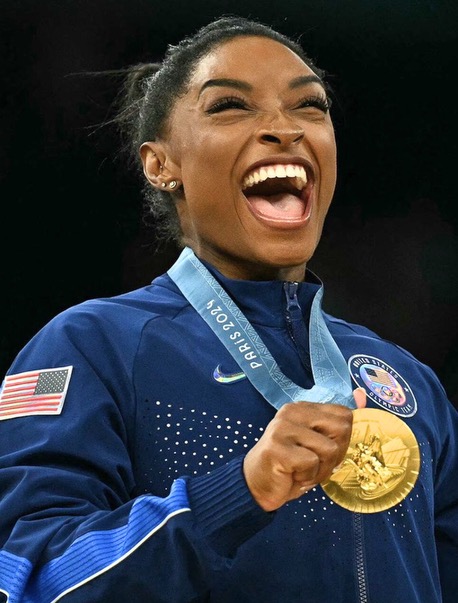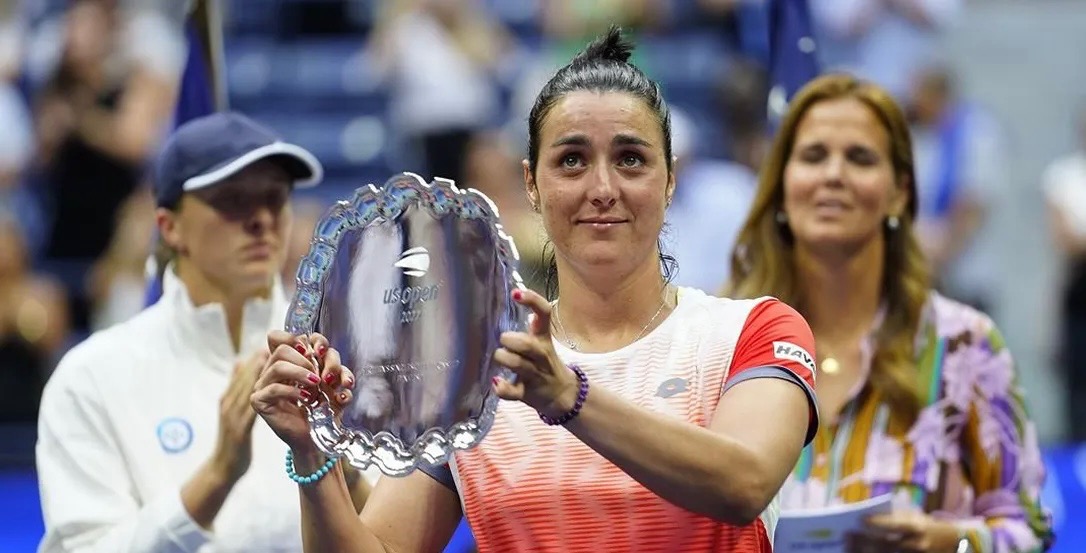“When I am in the water I feel something extraordinary, something special in my heart,” Senegal’s first female professional surfer said.
Khadjou Sambe, 25 is a proud Lebou – an ethnic group that traditionally lives by the sea. Growing up in the coastal capital of Dakar, Sambe never saw a black woman surfing the Atlantic swells. As a teenager, her parents refused to allow her to surf for two-and-a-half years, saying it brought shame on the family. “My determination was strong enough to make them change their minds,” she says.
Sambe started surfing when she was 14 years old. In an interview, she said: “The first time I tried surfing I wasn’t scared at all, I was just so excited to get into the water. “When you catch that first wave, you are so happy that you scream so that everyone can hear you – because you are content to have stood up and stayed standing. “It was a bit tough at the beginning because I was the only girl surfing here, and people were a bit like: ‘What is a girl doing here? This is a sport for boys.’ “Obviously that’s not true, and other people really encouraged me and told me not to listen.”
Today, as Senegal’s first female professional surfer, she tries to inspire the young generation – in particular black girls and women – to conquer the waves. She is preparing the Tokyo Olympics, and even though the event has been postponed, she hasn’t stopped training. Sambe trains whenever the sea conditions allow close to her home in Ngor, Dakar – the westernmost point of the African continent and land with about 17 thousand inhabitants, marked by poverty.

Sambe is part of the Black Girls Surf project, which helps Black girls and women around the world break into professional surfing. She trains local girls and teaches them to develop body and mind strength. She tries to eradicate stereotypes in her culture that women should marry young and stay mostly at home to cook and clean. “I always advise them not to listen to other people, to block their ears,” she said.
When she arrived in California to professionalize, she did not have “a penny in her pocket, does not speak English” and her technique was far too free to be suitable for competitions, explained her coach Rhonda Harper. Now she is preparing for the Olympics next year.


 Simone Biles Leads U.S. Women’s Team To Gold In Paris
Simone Biles Leads U.S. Women’s Team To Gold In Paris  Evans Chebet And Sharon Lokedi Of Kenya Sweep The New York City Marathon, Both Finish First!
Evans Chebet And Sharon Lokedi Of Kenya Sweep The New York City Marathon, Both Finish First!  Ons Jabeur’s Star Continues To Rise As She Looks Beyond Becoming The First African Woman To Reach The Finals Of The US Open
Ons Jabeur’s Star Continues To Rise As She Looks Beyond Becoming The First African Woman To Reach The Finals Of The US Open  African Soccer Chief Is Barred for Five Years Over Ethics Violations
African Soccer Chief Is Barred for Five Years Over Ethics Violations